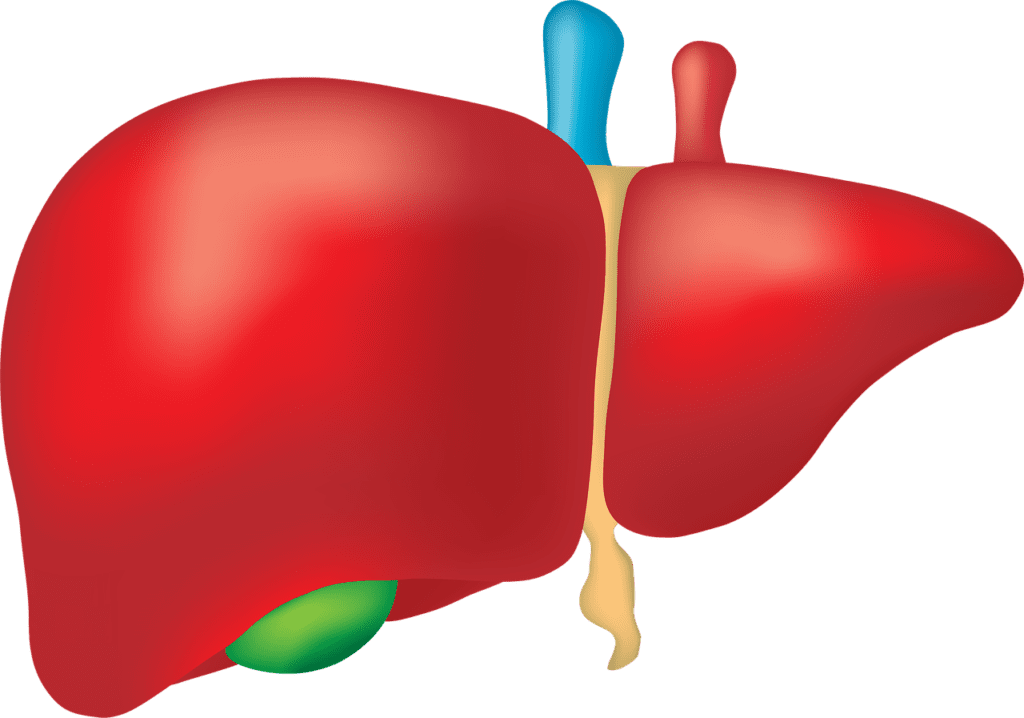Currently, up to 5% of American citizens have nonalcoholic steatohepatitis (NASH), a liver disease resulting in damage and inflammation. But there’s no approved treatments, presenting an unmet need in this patient population. Pharmaceutical company Durect is currently looking to change that with DUR-928, an orally administered endogenous epigenetic regulator. According to Healio, the company saw positive results following a Phase 1b trial to test the efficacy and tolerability of DUR-928.
Phase 1b Study Results
DUR-928: A Basic Overview
Before we examine the Phase 1b study results, let’s unpack what endogenous epigenetic regulator means. Endogenous means originating inside a tissue or cell. Epigenetic, according to Durect:
refers to the control or modification of gene expression via processes that do not alter the underlying gene sequence. Epigenetic mechanisms play a crucial role in regulating many important cellular functions, from simple protein synthesis to large-scale phenotypic shifts such as cell differentiation.
So, DUR-928 can influence gene expression and alter cell function, thus holding some therapeutic promise.
DUR-928 for NASH
According to Dr. Eric Lawitz, MD, who was the principal researcher for this study, the Phase 1b study was:
- Randomized, open label, and multicenter.
- Designed to test the safety and efficacy of DUR-928 in patients with NASH who had stage 1-3 fibrosis.
65 patients participated in the study. They were split into 3 groups and given different DUR-928 doses for a 4-week period:
- 36% (23 patients) received 50mg once per day.
- 32% (21 patients) received 150mg once per day.
- 32% (21 patients) received 300mg twice per day.
Next, researchers followed up with patients for one month following the study. Ultimately, researchers saw a significant improvement in liver function. All groups experienced reduction in:
- Liver stiffness and fibrosis
- Serum alanine aminotransferase
- Serum aspartate aminotransferase
- Gamma-glutamyl transferase
- Serum triglycerides
- Liver fat
No patients experienced severe adverse reactions to DUR-928. Additionally, 74% of patients were discharged following one dose, showing promising benefits. Overall, DUR-928 was safe and well-tolerated for patients with NASH.
Nonalcoholic Steatohepatitis (NASH)
NASH is a liver disease characterized by fat accumulation in the liver. When excess fat builds up, it results in inflammation and damage (such as scar tissue). As a result, liver function declines. While long-term drinkers may experience liver damage as well, NASH is specific to non-drinkers. Risk factors include diabetes, obesity, and high cholesterol.
Symptoms include:
- Nausea, vomiting, and loss of appetite
- Unintended weight loss
- Easy bleeding and bruising
- Fatigue
- Jaundice
- Muscle and body weakness
- Itchy skin
- Swelling in the lower extremities
- Abdominal swelling and pain
- Confusion
Learn more about NASH here.







